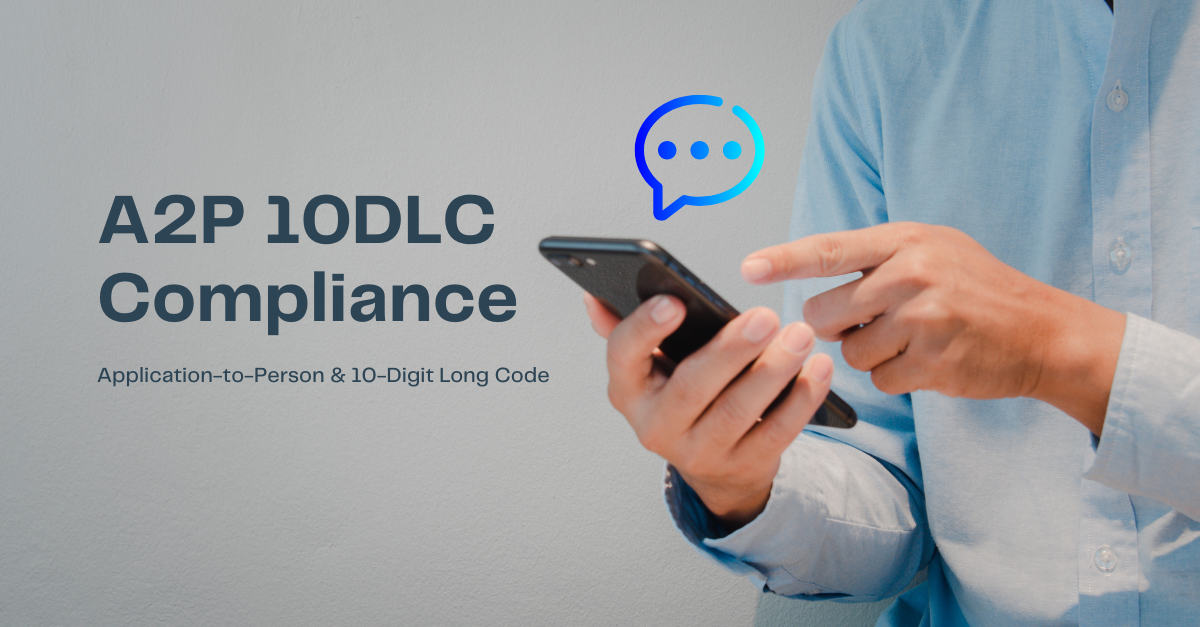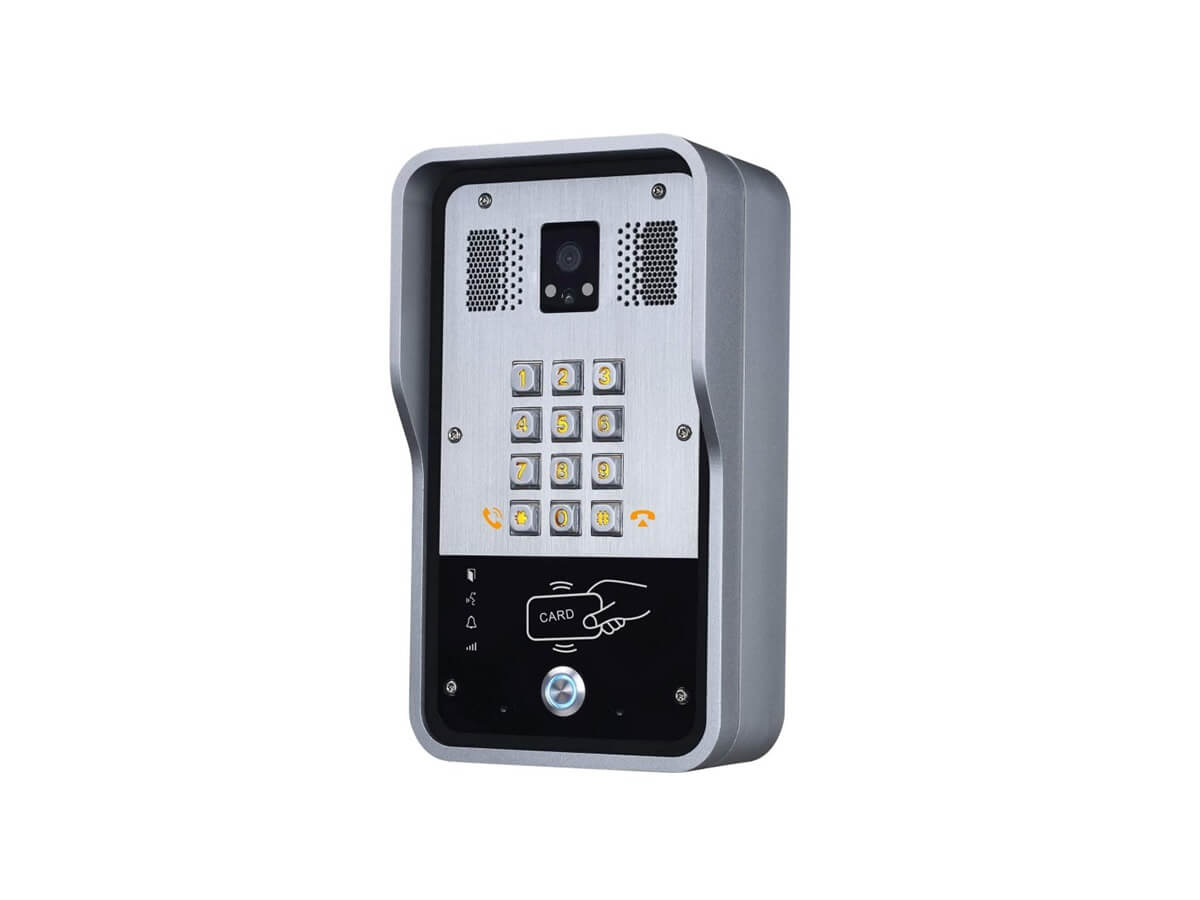Upgrading to VoIP is a pretty easy thing to do. Most vendors have a trial period for you to test out their service. All you need to do is create an account. It only takes a few minutes to convert the demo account into a regular one as well. In other words, you just need a credit card and a few hours to use hosted VoIP for your business.
However, you do have to prepare for VoIP in other ways. For instance, can your existing network handle additional traffic? You may need to upgrade to a better connection (higher speeds or more bandwidth) from your ISP. If your network hardware is getting old, you might have to replace them as well. That’s because older hardware can break down anytime and some equipment may not even work with VoIP.
What Is a VPN?
You might have seen advertisements and other marketing for VoIP-ready VPN services. Vendors can make it seem like a must-have, that you shouldn’t use VoIP at all without one. But is that really the case? To understand whether or not you need a VPN, you need to know what it is and what it does.
As a business or private user, whatever you do on the internet can be tracked. Even if the actual data you send is encrypted, websites track your online journey with cookies. Your ISP may log your activity for monitoring or maintenance purposes. In some countries, even the government tracks internet activity by everyone within its borders.
VPN stands for Virtual Private Network and it allows users to hide their network activity. Both consumers and businesses use these services for different purposes. Businesses often use them internally to provide a secure employee network that unauthorized users cannot access. If you have employees working remotely or from home, they most likely access your network through a VPN.
A VPN encrypts your data and even hides the data about where you are and what you are doing. This means you can be confident that third parties haven’t intercepted or altered your data. A VPN also routes your traffic through servers located across the world. It prevents unauthorized users from seeing who you talk to or what websites you visit.
Using a VPN for VoIP
Security
The first – and most common – reason for using a VPN is security. SIP (the protocol that allows VoIP to work) is inherently insecure. Using a VPN adds a layer of security for your phone calls. Anyone monitoring your network won’t be able to intercept calls or eavesdrop on confidential conversations. Hackers will move onto their next target when they see a business using a VPN as it’s not worth their time to attack your network.
Privacy
The second reason for using a VPN is that it also ensures your privacy. If you think hackers are only interested in your data, you’re wrong. In fact, they’re just as interested in metadata. Metadata is basically data about browsing habits, location, timestamps etc that helps hackers identify who you are online.
A VPN hides this information by routing your traffic through servers across the world. If someone is spying on your network, traffic will appear to come from some other country. As a result, third parties cannot monitor your employees or see who they’re talking to.
Bypassing Local Restrictions
Some countries ban or restrict VoIP apps outright. What if you have people working there and need to talk to them? A VPN can help with that. Your employees can use a VPN to make VoIP calls since the data and your connection is now encrypted. You can even use a VPN to make it seem like employees are in your main office with complete access to internal tools.
Restrictions on Using VPN for VoIP
Extra Bandwidth
However, that doesn’t mean using a VPN doesn’t have drawbacks. One readily apparent con is that all this encryption needs more bandwidth. If your network is already at peak capacity, it may not be able to handle encrypted calls. In fact, using a VPN can make phone calls unusable on slower connections like a mobile network. If your employees rely on VoIP apps on their personal phones for business use, a VPN may not be practical at all.
Expensive
If you’re planning to use a VPN, you need a service that is set up to handle business traffic. Consumer grade VPNs are fine only if you plan to make the occasional phone call or two. For regular business use, you need a VPN that can handle VoIP traffic with all its associated QoS requirements. These additions to your network can quickly become expensive.
In conclusion, you don’t actually need a VPN in order to use VoIP. But you might want to use one for security or privacy reasons. In the end, it all depends on your business needs and purposes.




